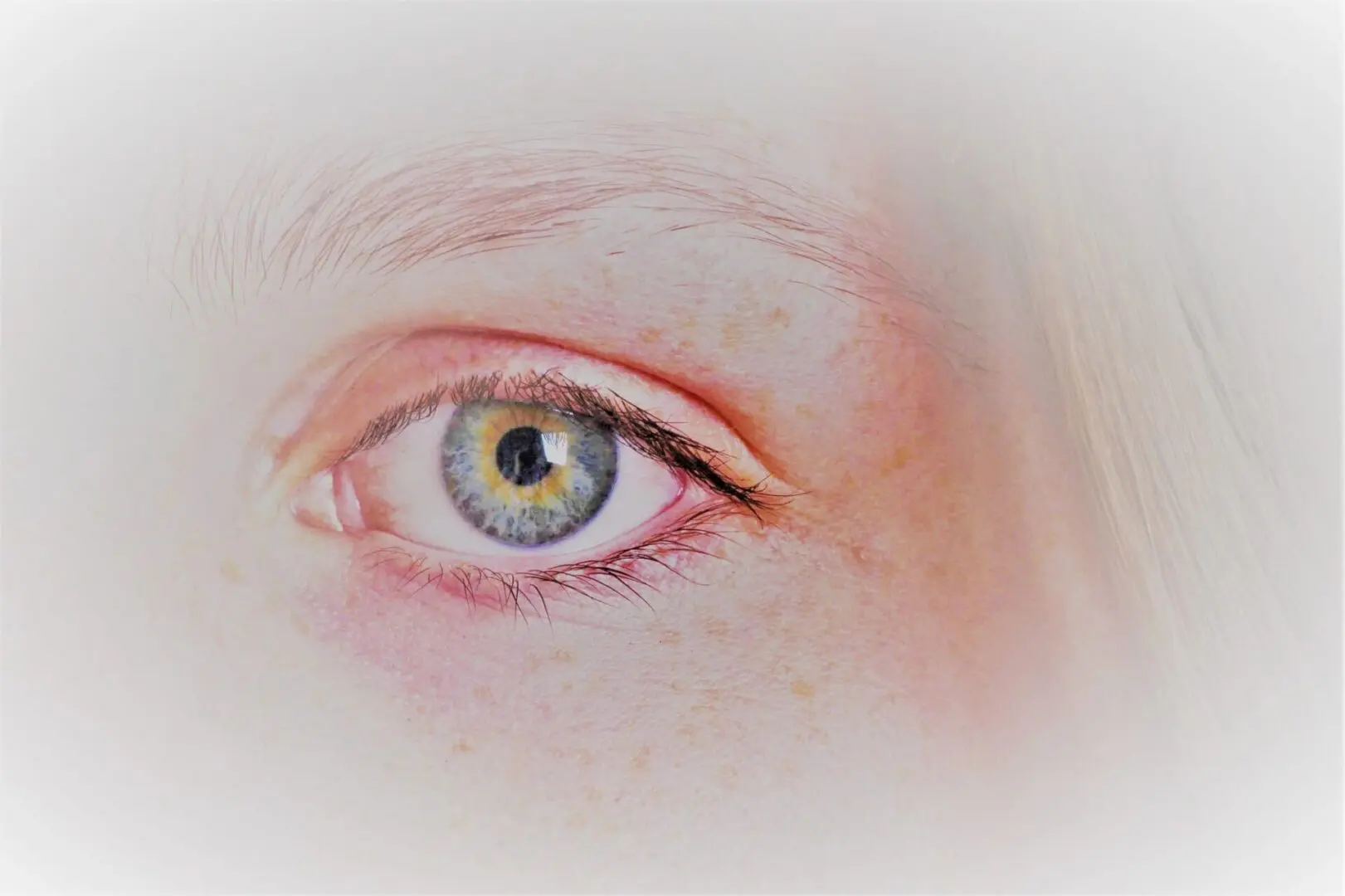Search Posts
Recent Posts
- Senior Agenda Coalition of RI pushes wealth tax to fund programs for older residents – Herb Weiss June 2, 2025
- How will Artificial Intelligence (AI) impact the future of work – Mary T. O’Sullivan June 2, 2025
- Real Estate in RI: Tiverton contemporary for $1.27M June 2, 2025
- Our Networking Pick of the Week: Coffee Hour at Provence Sur Mer, Newport June 2, 2025
- Rhode Island Weather for June 2, 2025 – Jack Donnelly June 2, 2025
Categories
Subscribe!
Thanks for subscribing! Please check your email for further instructions.

GriefSPEAK: Forever in blue jeans – Mari Nardolillo Dias
by Mari Nardolillo Dias, EdD, contributing writer on grief and grieving
The time following the death of a loved one from an extended illness is often very difficult. My clients report that they can only remember their loved ones when they were ill, and not before.
“When I think of my adult daughter, an image of her death mask is the only thing I see. This horrific vision wakes me in the middle of the night, haunting me until sunrise. I cannot go back to sleep.” (Client A)
“When I search for a comforting memory of my husband, the vision of him in a coma, intubated and on oxygen is ready and available. It’s difficult to move on to the next minute of the day: I get stuck on that vision.“ (Client B)
“I can’t get the picture out of my mind – my bald, skeletal sister, wasting away from cancer. How can I erase it! I feel like I’m going crazy!” (Client C).
These experiences often occur during the acute phase of grief, and often morph into fonder memories as time passes and we enter the chronic phase.
Not always, though.
Take Maggie: a thirty year old mom at the time of her 3-year-old daughter’s death. Maggie was driving. Caroline was in the back seat, appropriately ensconced in her car seat and buckled up safely. As Maggie recounts the event, she shares that she and Caroline were harmonizing a song from Rafi “Baby Baluga”, giggling between verses. When Maggie was stopped at red lights, she would look in the rear view mirror and marvel at this, her only child, who she had struggled to conceive. Caroline pointed and laughed at her mom when she saw her peeking in the mirror. Her blond pig tails were askew, her pink t-shirt and farmer jeans spattered with the remains of everything she had eaten on the way home.
It had been a very long ride, coming home from Florida. She couldn’t afford air fare so they opted for a road trip. Caroline alternately entertained herself with singing and napping with a few “snack stops” along the way. Maggie was very tired from driving. As night fell and she exited onto the New York freeway, she noticed that the lights took on a blur. She lamented that she should have pulled over. But she didn’t. They were so close to home. A warm bed and a cup of hot cocoa waiting. Maggie was anxious to get Caroline home and tucked in. In her own bed.
As it began to rain, Maggie thought about her visit to her parents in Florida. It had been a wonderful trip: her parents enjoyed Caroline’s company and gushed over her ability to swim, dance and speak so well for a 4-year-old. Caroline enjoyed the trip as well, as she was the center of attention for the entire week.
Maggie’s attention turned back to the present. The rain was heavy and the windshield wipers couldn’t keep up. It was foggy as well, and she slowed down to accommodate the weather and the traffic. A car coming up behind her did not anticipate her slowing down, and crashed into the back of her car, sending her spinning out of control. Maggie panicked and tried to turn into the skid, but to no avail. She spun into the other lane where oncoming cars hit her, one after another like bumper cars in a traveling carnival. Maggie survived with broken bones and contusions. Caroline did not.
That was twenty years ago. Maggie is just now trying to say Caroline’s name out loud. She has been overmedicated, hospitalized, involved in every conceivable trauma treatment and finally, Electroconvulsive Shock Therapy (ECT). It was the ECT that had a positive impact on Maggie. That was 6 months ago and she considers herself ready to remember.
Despite the twenty years that have passed, Maggie still remembers her last image of Caroline before the accident. In Maggie’s mind, Caroline will be forever in blue jeans.
___
Access all of Dr. Dias’ columns at: GRIEFSPEAK

Dr. Mari Nardolillo Dias is a nationally board-certified counselor, holds a Fellow in Thanatology and is certified in both grief counseling and complicated grief. Dias is a Certified death doula, and has a Certificate in Psychological Autopsy.
Dias is an Adjunct Professor at CCRI, and Professor of Clinical Mental Health, Master of Science program, at Johnson & Wales University. Dias is the director of GracePointe Grief Center, in North Kingstown, RI. For more information, go to: http://gracepointegrief.com/
